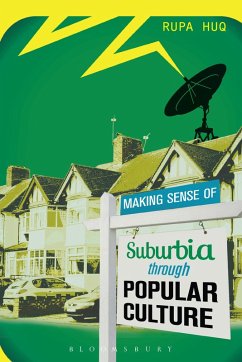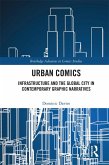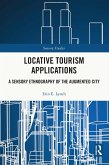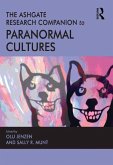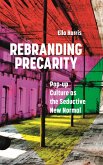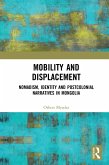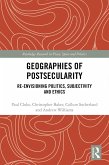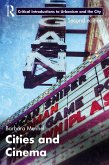This book is available as open access through the Bloomsbury Open Access programme and is available on www.bloomsburycollections.com.
We all know what suburbia is, indeed the majority of us live in it. Yet, despite this ubituity, with no formal definition of the contept, the suburbs have developed in our collective imagination through representations in popular culture, from Terry and June to Desparate Housewives.
Rupa Huq examines how suburbia has been depicted in novels, cinema, popular music and on television, charting changing trends both in the suburbs and popular media consumption and production. She looks at the differences in defining suburbia in the US and UK and how characteristics associated with it have shifted in meaning and form.
We all know what suburbia is, indeed the majority of us live in it. Yet, despite this ubituity, with no formal definition of the contept, the suburbs have developed in our collective imagination through representations in popular culture, from Terry and June to Desparate Housewives.
Rupa Huq examines how suburbia has been depicted in novels, cinema, popular music and on television, charting changing trends both in the suburbs and popular media consumption and production. She looks at the differences in defining suburbia in the US and UK and how characteristics associated with it have shifted in meaning and form.

